Mitigating environmental challenges with agroforesty
Partner interview with Carolina Ramos , CONSULAI, Portugal, about how agroforestry can help prevent damages forced by climate change.
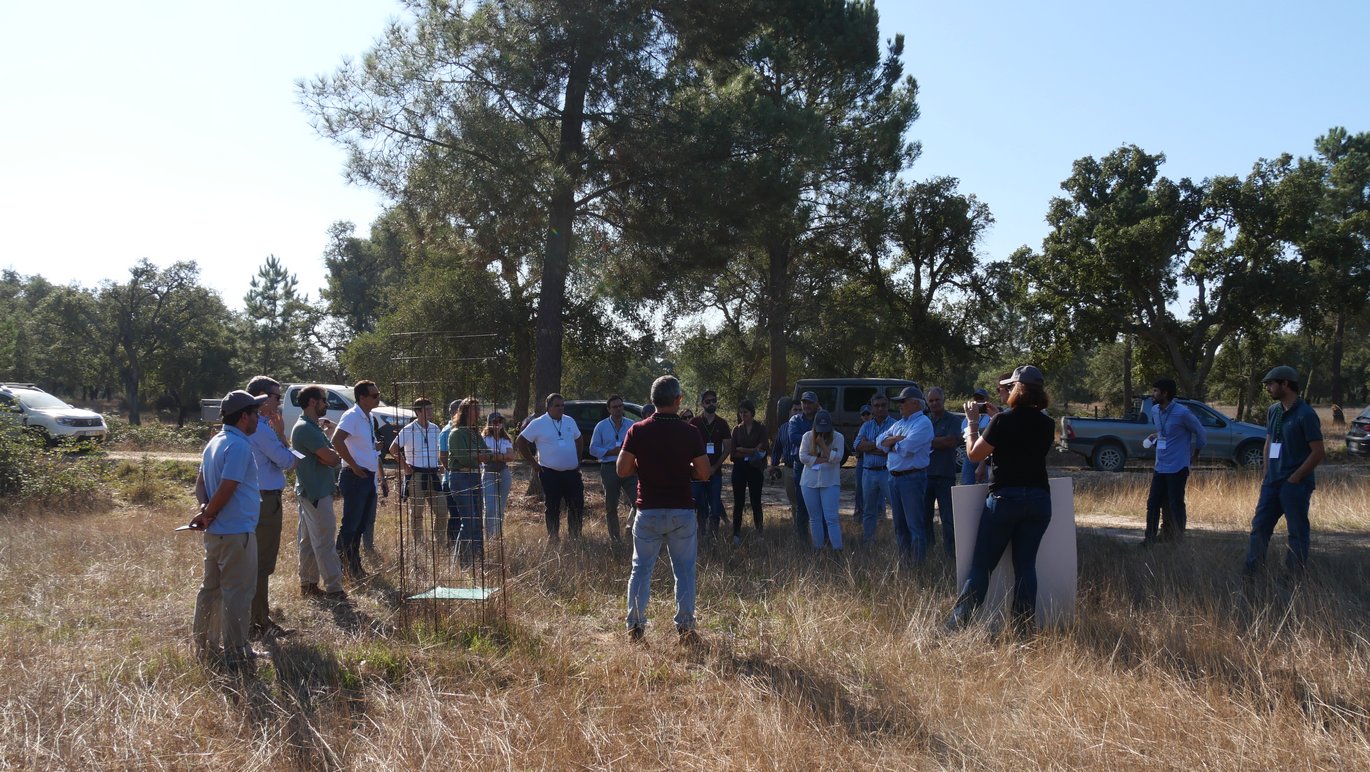
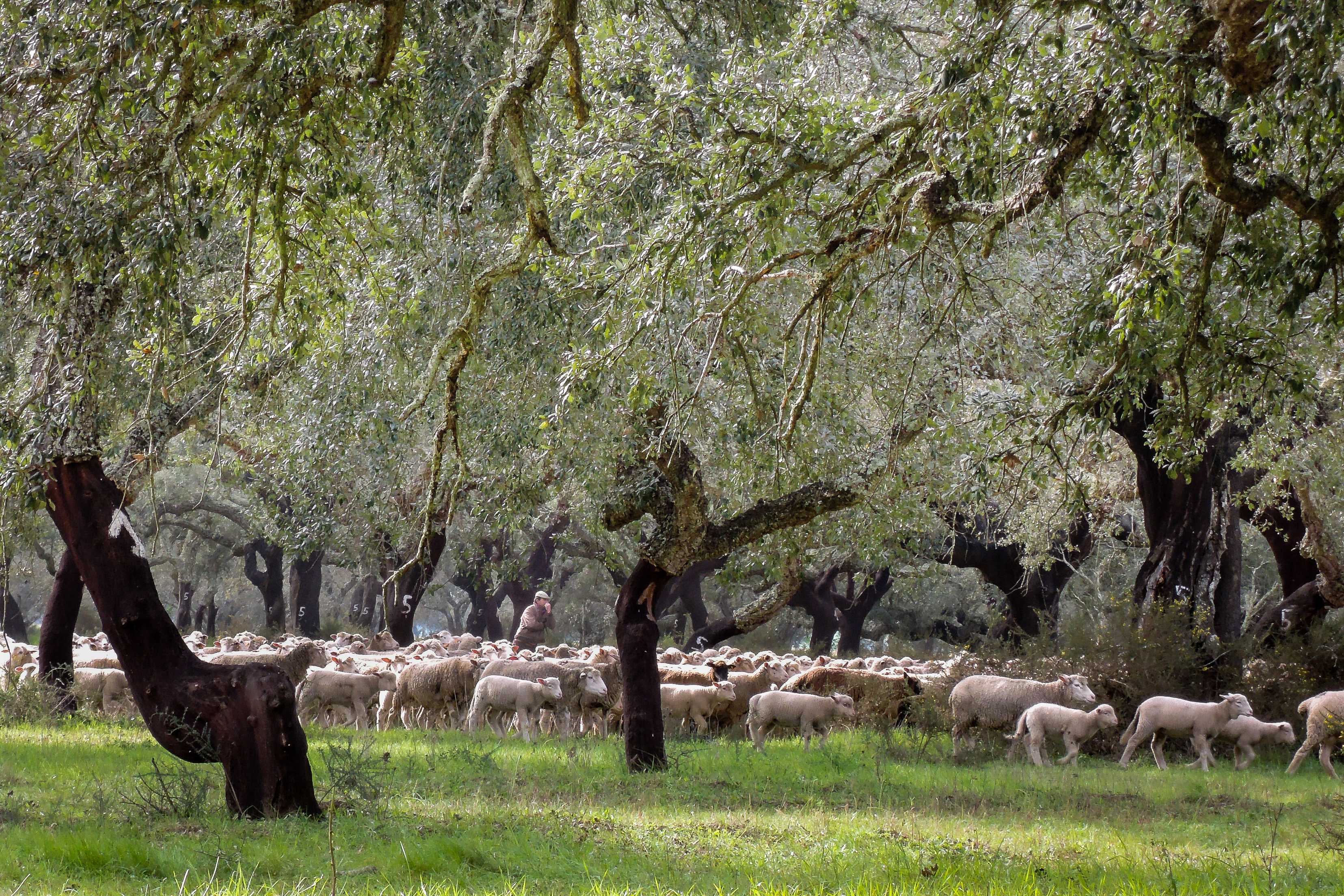
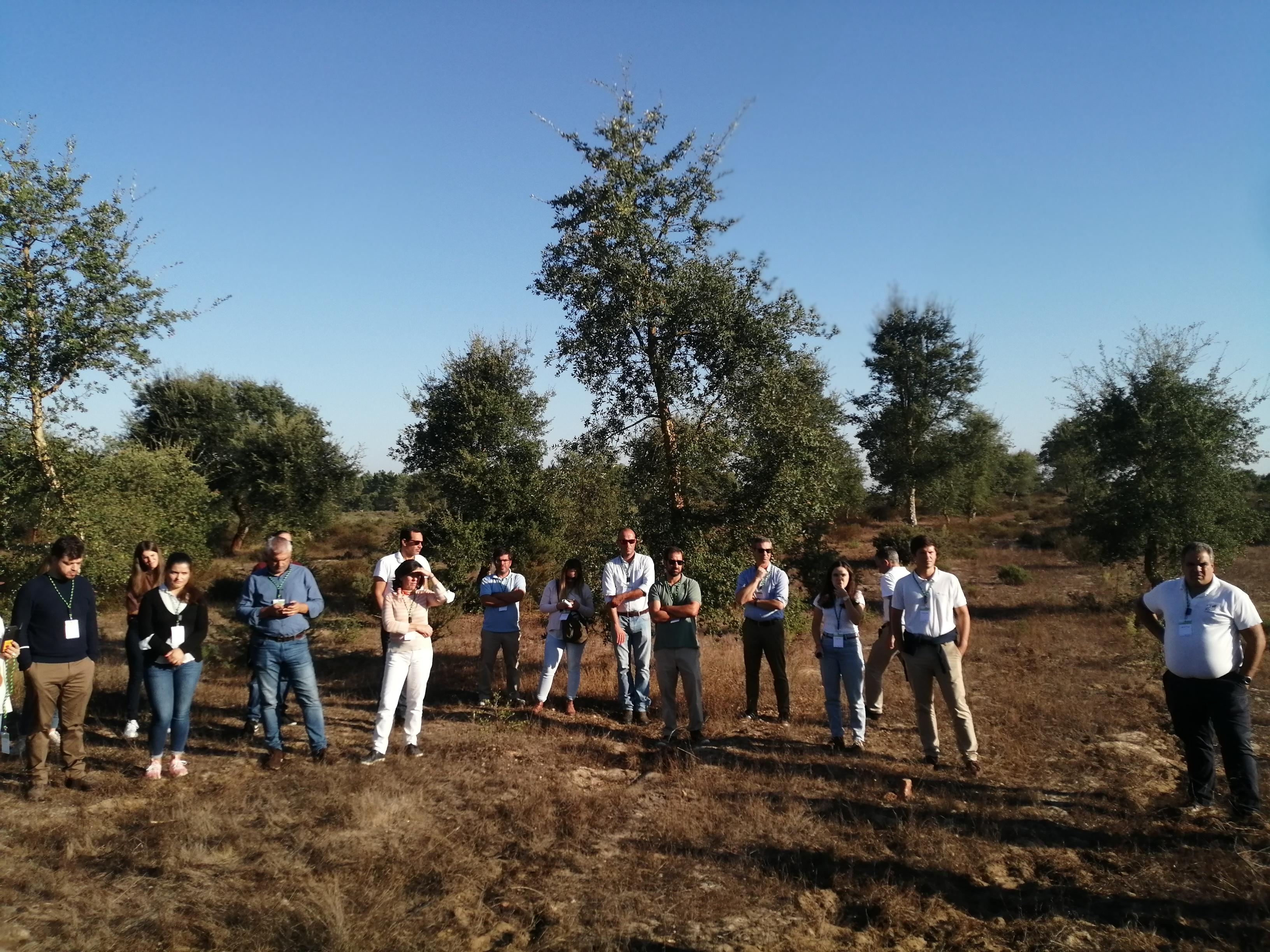
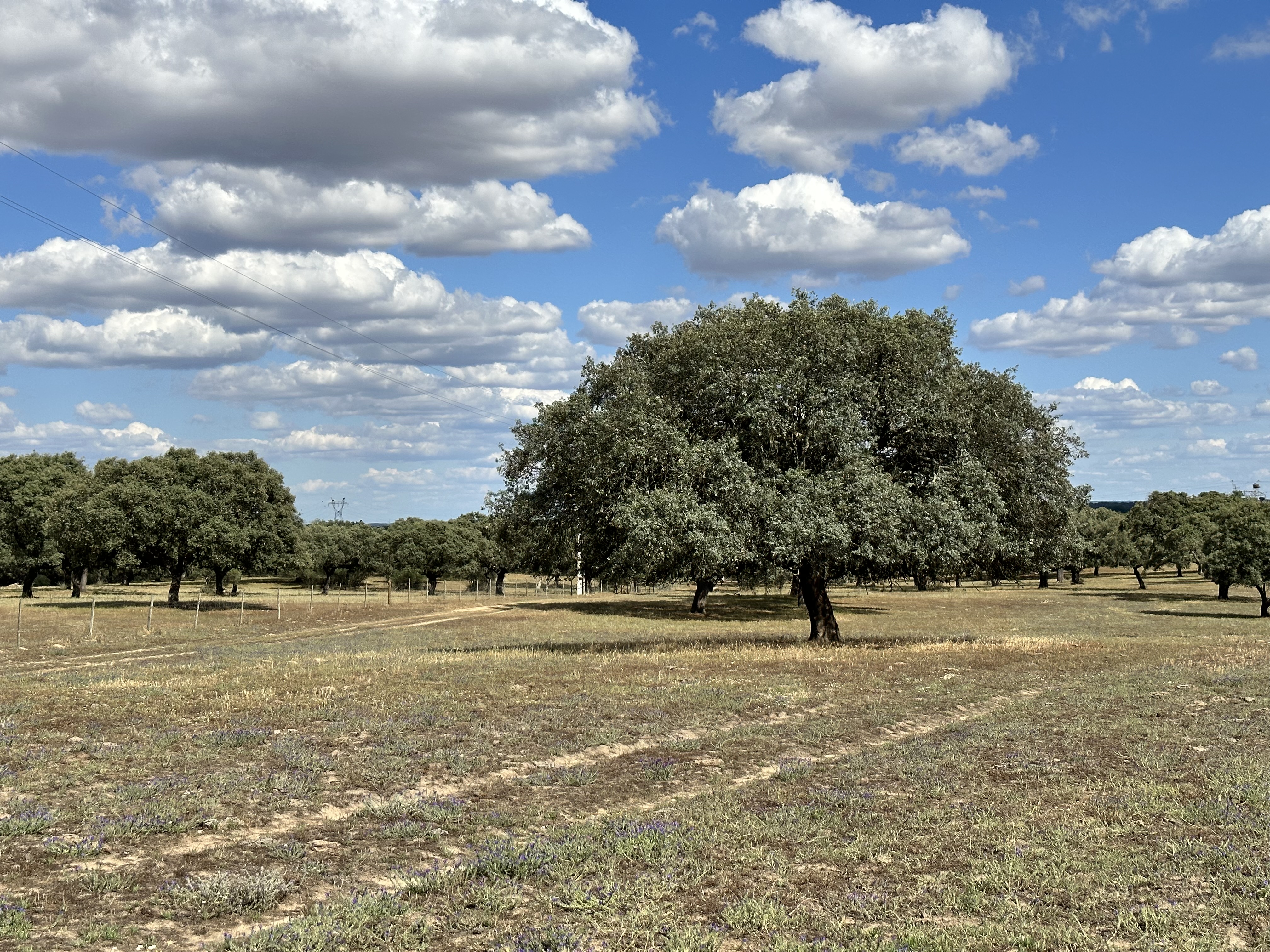
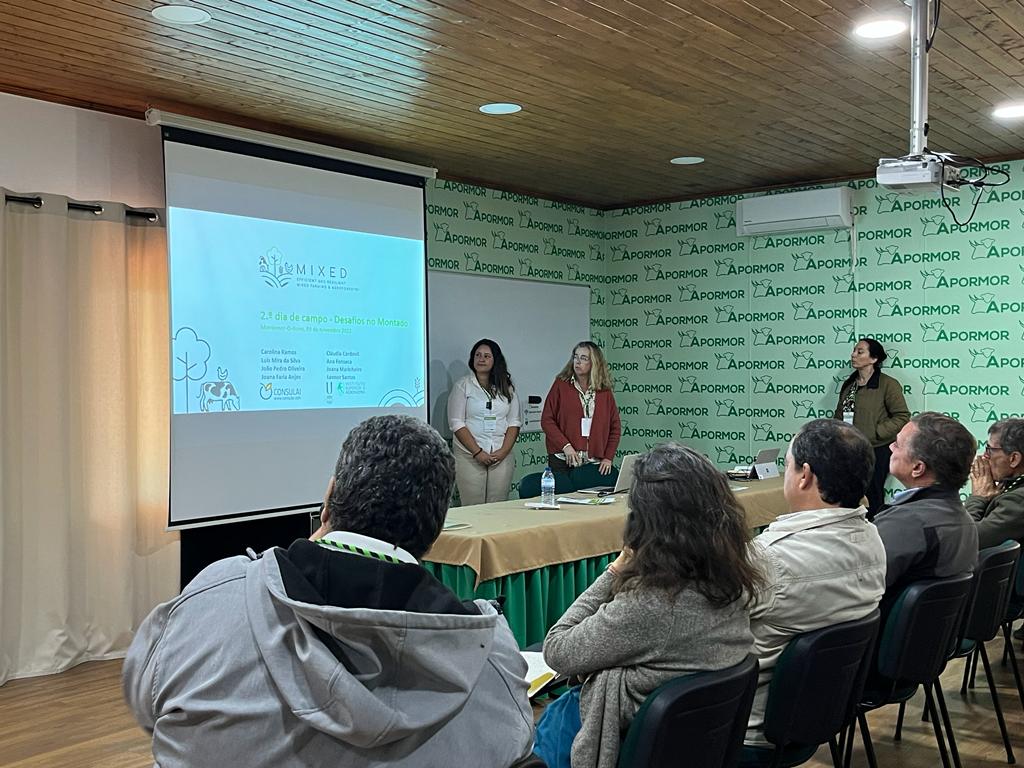
Why is mixed farming and agroforestry important in your region / country?
In recent years, agroforestry systems have become increasingly important in the occupation of mainland Portugal. The importance of agroforestry systems, especially silvopastoral systems, in mitigating the environmental problems faced by agriculture and forestry in Portugal is real.
In Portugal the MIXED project is implemented by ISA-UL, CONSULAI and a network of farmers practicing Mixed Farming and Agroforestry Systems, in particular Montado, a UNESCO protected Mediterranean mixed system, comprising agroforestry activities and extensive livestock production. These ecosystems, characteristic of the Mediterranean area, are characterised by very rich biodiversity and the importance of preserving them is recognised at national and European level due to their importance for nature conservation.
In the context of climate change, soil degradation, water scarcity and biodiversity loss, these systems offer a sustainable approach that can provide a range of essential ecosystem services. These include climate regulation through carbon sequestration and fire reduction, soil protection against erosion, regulation of the water balance and nutrient retention, promotion of functional and emblematic biodiversity, and the preservation of agricultural and forest landscapes.
However, despite all the environmental, social and even economic benefits that the Montado brings, we have seen its decline in recent years. Farms have been facing various challenges such as climate change, the existence of pests and diseases, etc.
It is therefore important for research to be even more close to the reality and try to find solutions for farmers' real problems. It is also important to invest in training farmers, as well as encourage them to share knowledge and exchange experiences among themselves. This is often done through projects like MIXED.
Which changes would you like to see in your region / country as a result of the MIXED project?
Farmers joined the MIXED network in Portugal with a motivation for sharing experiences and improving their practices. Climate change and soil degradation, as well as poor crop management practices, have opened the floor to the decline of the Montado, due to weakening of root systems, draught, and the proliferation of pests. A new paradigm is required to adapt to climate change, while ensuring the economic viability and environmental sustainability of the farms.
In this sense, I would like to give tools and ideas to farmers, so they can improve their farms, while restoring and modernising the Montado ecosystem, by working in collaboration with other farmers, researchers, advisors, policy makers and other stakeholders. I think the main objective is to find solutions for the future and more sustainable management practices, accommodating the interests of stakeholders at all levels of the value chain.
What results have you achieved and what are the next steps?
To ensure that these ecosystem services are provided effectively by agroforestry systems, sustainable management by the economic agents involved is needed, but also policy measures to encourage their wider adoption.
However, the management of Montado areas faces specific challenges, such as soil degradation and the loss of vitality of the trees. Alternative measures, such as the installation of improved pastures, the application of lime and phosphorus, and regenerative grazing techniques, are highlighted as more efficient solutions to combat these problems and promote the health of agroforestry systems. Despite the benefits of agroforestry systems, cork oaks and holm oaks have been affected by biotic factors and climate change, resulting in sudden death occurrences. Technical solutions are still needed to address these challenges, including the identification and mitigation of diseases and pests, such as phytophtera cinnamoni and platypus cylindrus, which negatively impact these species.
The ongoing search for new solutions, both technological and in terms of more simplified structures, will help to bring them closer to other agricultural models, so the study of these systems is of great importance for the future. These systems serve as multifunctional solutions, optimizing resource utilization while minimizing environmental degradation. By fostering a more resilient agricultural landscape, mixed farming and agroforestry play a crucial role in ensuring the long-term sustainability of Portugal's agricultural sector while addressing pressing environmental challenges such as soil erosion, water scarcity, biodiversity loss, and climate change adaptation.
